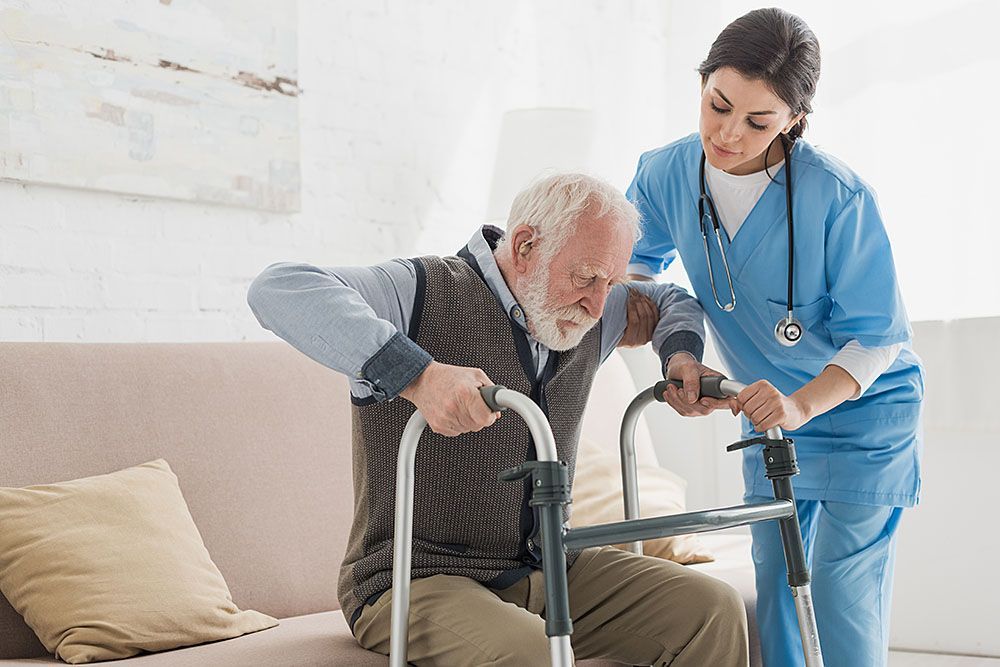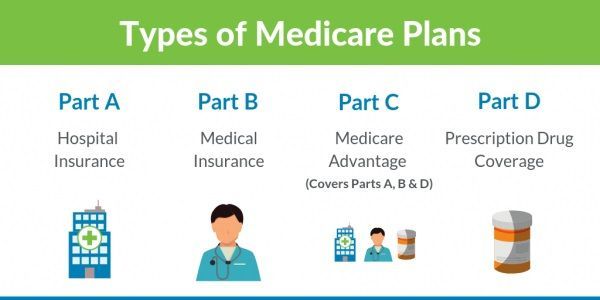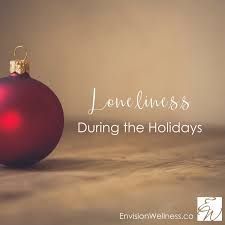Medicare and Home Health Care

There seems to be a lot of confusion about how Medicare and home health care works, so let’s try to clear it up for you.
Most people say, Well, I’m on Medicare, so I’m all good.
Not necessarily, it doesn’t work like that.
Medicare is just like regular health insurance plans as Medicare insurance plans differ as well. You MUST choose your plan during the open enrollment period .
What are the 4 types of Medicare?
You may not even know there are four parts to Medicare, Part A, B, C and D and a brief explanation of each is below:
- Part A hospital
- Part B medical
- Part C Medicare Advantage plan aka Medicare replacement plan
- Part D prescription coverage
Okay, you say, everyone knows there are four parts, but what do they mean?
Part A
Part A covers inpatient hospital care , for generally ninety days a year. A skilled nursing facility for one hundred days a year, home health care for one hundred days (with stipulations), and hospice care.
Part B
Part B covers doctor services, medical equipment which can include walkers, wheelchairs and oxygen concentrators every five years. This also covers homebound services, ambulance services, preventive services, therapy services and mental health services .
Part C
Part C is known as a Medicare advantage plan which may be referred to as HMOs or PPOs. This is managed care .
Part D
Finally, part D is your prescription drug coverage and almost all drugs are covered by part D.
Most Medicare plans with Part A will cover some home health care. Normally physically, occupational and speech therapy if needed. They will also cover a number of visits from a home health care nurse. The nurse and any therapists must release you from their care, however Medicare generally only pays for a certain amount of time. Hopefully you are better in that time frame.
Yes, this is very confusing, after all, Medicare is run by the government!
Remember, Medicare and Medicaid are two totally different programs and one has nothing to do with the other.
Should you find yourself in a skilled nursing facility and on Medicare, it pays one hundred days a year for rehab. If you stay in the facility for twenty days and move to an assisted living community or go home, the rehab does not automatically follow you for the remaining eighty days.
This means you will need a new order for physical therapy, occupational therapy or speech therapy at home or in an assisted living community through a home health agency.
As I stated earlier, all plans vary and you need to find the Medicare plan that’s right for you; they are NOT all the same.
Shop around, we cannot stress this enough!
Find someone knowledgeable about the Medicare insurance plans, make an appointment with them and take the time to discuss the options available.
Make sure you do your homework to have the best options available when it comes to your health care. You may have to pay a little more, but it will be worth it in the long run.
Don’t know a good Medicare agent, call us at 386-847-2322 and we will help you. Our services are FREE to you!




